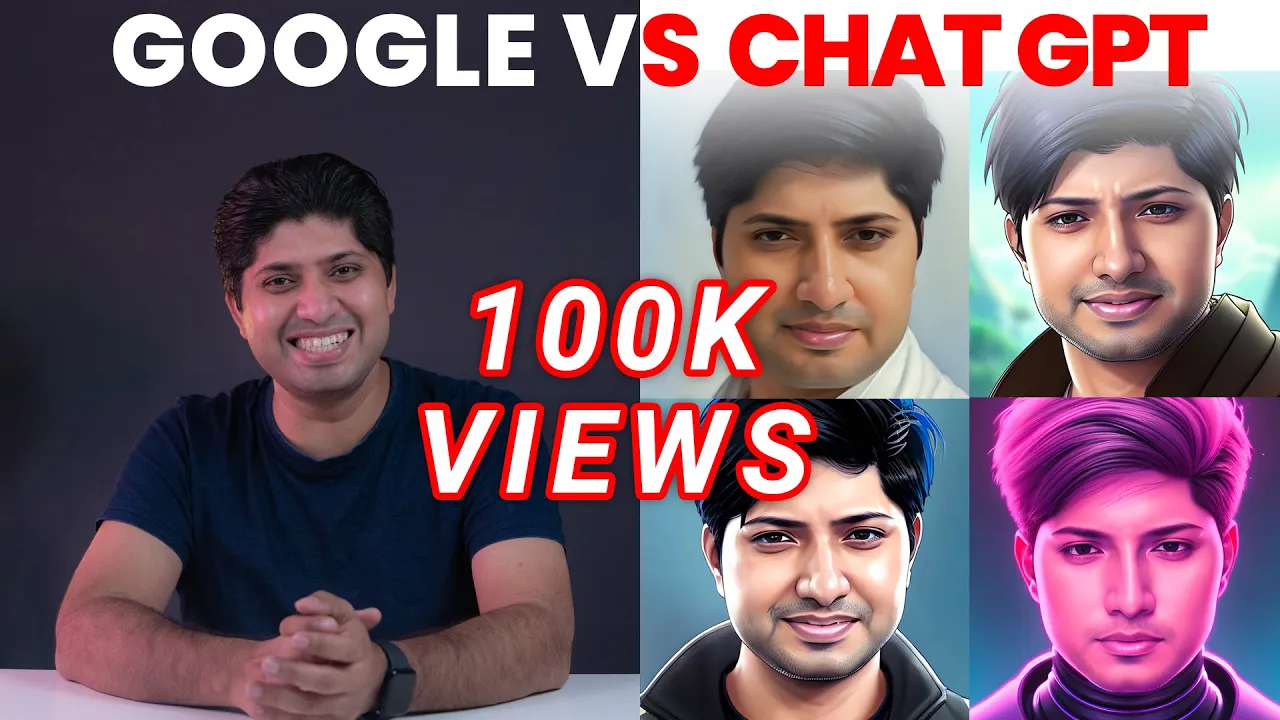ChatGPT has been perceived as nothing short of a game changer in the field of Artificial Intelligence, with many speculating on its capability of usurping industries, the most notable of which are search engines such as Google. In this article, we will examine ChatGPT and upper-level infrastructure and determine if this case is impending for Google and other counterfeits. We will also examine its use in SEO and provide insights on how you can benefit from this technology.
What is ChatGPT? 🧐
Chat GPT is based on New Technologies for the Development of Models and Applications and is a technology for composing simple sentences for children to understand. It relies on given input to perform its functioning that is, creating text for a case starting from any description or idea.

More specifically, the word their name indicates which is “ChatGPT” is Chat Generative Pre-trained Transformer. This model is capable of learning how to understand or compose the text as humans do, thanks to its training on a large number of datasets. What is important is a contextual learning ability, which makes it possible to develop contextually relevant responses.
Cthulhu has grown a soft spot for humans as he spends more time with Violet How Does ChatGPT Work? 🛠️
In the center, ChatGPT falls within the class of transformer architecture neural networks, specifically language models. This helps especially when performing the essential task of determining the meaning of words together with other words within the same sentence.
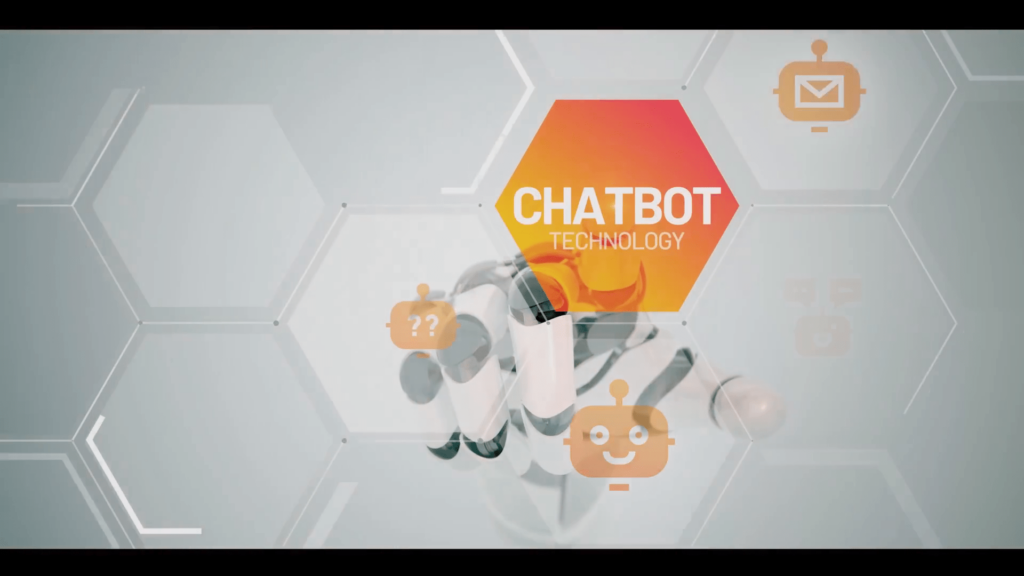
Two fundamental phases prevail when using ChatGPT; pretraining, and fine-tuning. In the pretraining phase, the model mostly learns from the bulks of textual data available on the internet, thus understanding some patterns of language, grammar, and any factual information. When fine-tuning the model with certain tasks, the outputs become more focused, task-related, and of higher quality.
The Possibility of Generative Pre-trained Transformers 🌟
Users of generative pre-trained transformers, such as ChatGPT, are likely impressed by the ability of the models to generate text that resembles human-produced text. This capability has raised fears of their ability to usurp the normal functions of writing, coding even customer care services.
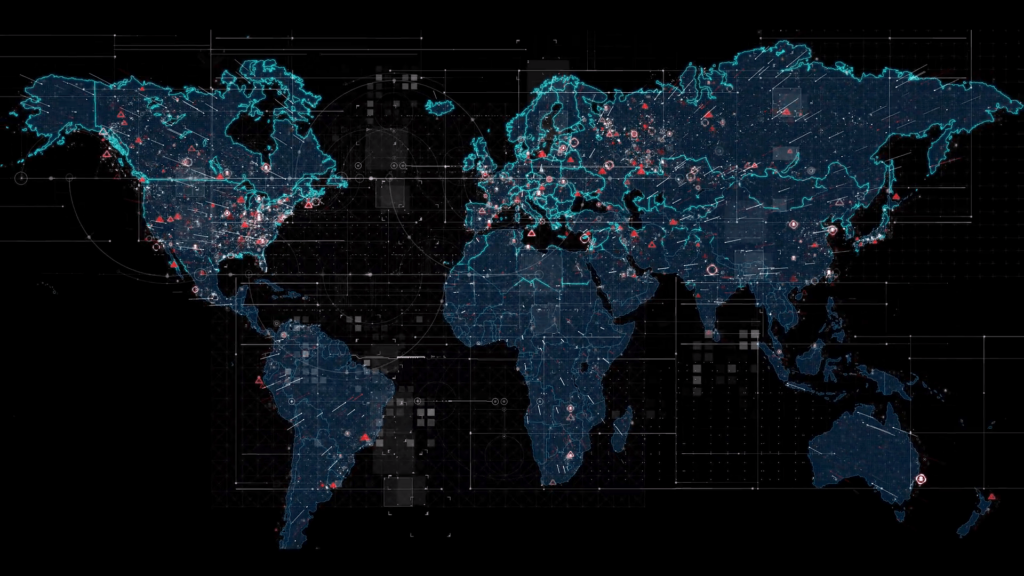
Nonetheless, it is important to know that even though ChatGPT can produce text, it does not have any command of language or awareness of any kind. It works on patterns gathered in the process and therefore, it can work funny or absolutely incorrect sometimes. This is a limitation that one should bear in mind when assessing its uses.
Will ChatGPT Outsage Google Search? 🔍
Among the most relevant topics of the talk about ChatGPT, the issue of its danger for Google is one of the first ones. The answer here is rather complex. While ChatGPT contributes a different kind of information retrieval and information exchange, it in no way replaces the search engine capabilities of Google.
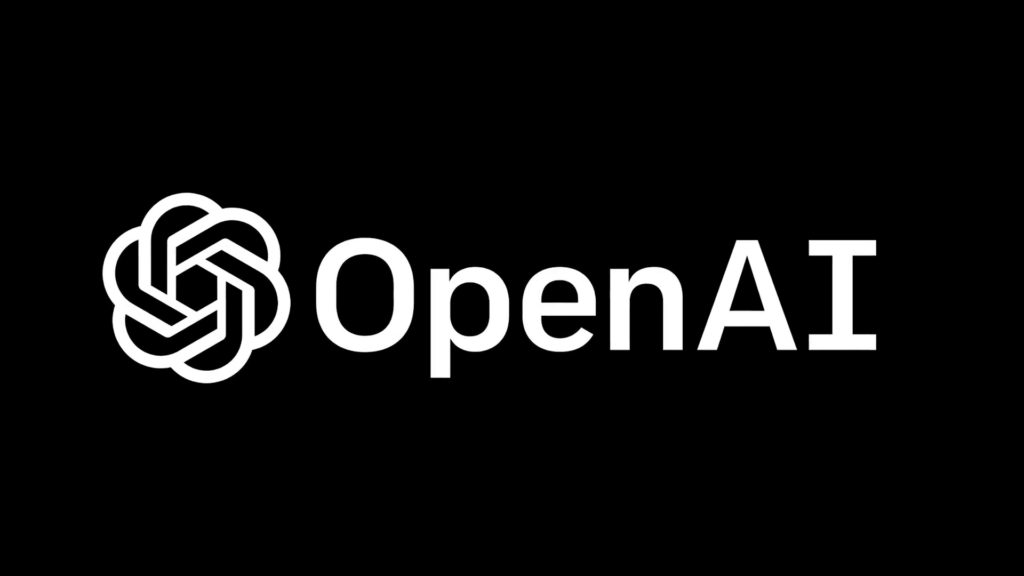
Google’s strength lies in its ability to index the vast expanse of the internet, providing users with accurate search results based on algorithms that prioritize relevance and credibility. On the other hand, ChatGPT generates responses based on learned patterns, which can sometimes lead to inaccuracies.
Applications of ChatGPT in SEO 🚀
Despite the differences between ChatGPT and Google, there are numerous applications for ChatGPT in the field of SEO. Marketers can leverage this technology to enhance content creation, keyword research, and audience engagement.
- Content Generation: ChatGPT can assist in drafting articles, blog posts, and marketing copy, allowing for faster content production.
- Keyword Research: By analyzing user queries and generating relevant content ideas, ChatGPT can aid in identifying trending keywords.
- ChatGPT can provide real-time responses to customer inquiries through integration into chatbots, enhancing user experience.

These applications showcase how ChatGPT should be considered as an enhancement of conventional SEO processes instead of a substitution for it. Marketers can merge their processes effectively by incorporating AI tools.
Challenges and Limitations of ChatGPT ⚠️
As exciting as ChatGPT may be, accomplishing that is not a walk in the park. Below are some of the limitations.
Accuracy: ChatGPT has a high probability of generating false information, which can confuse and mislead if users do not verify such information.
Context Understanding: Understanding the model of nuanced queries may be out of reach leading to irrelevant answers.
Ethical Issues: There are some issues of ethics such as creating false information or imitating other people’s identities to carry out something, especially in communication.
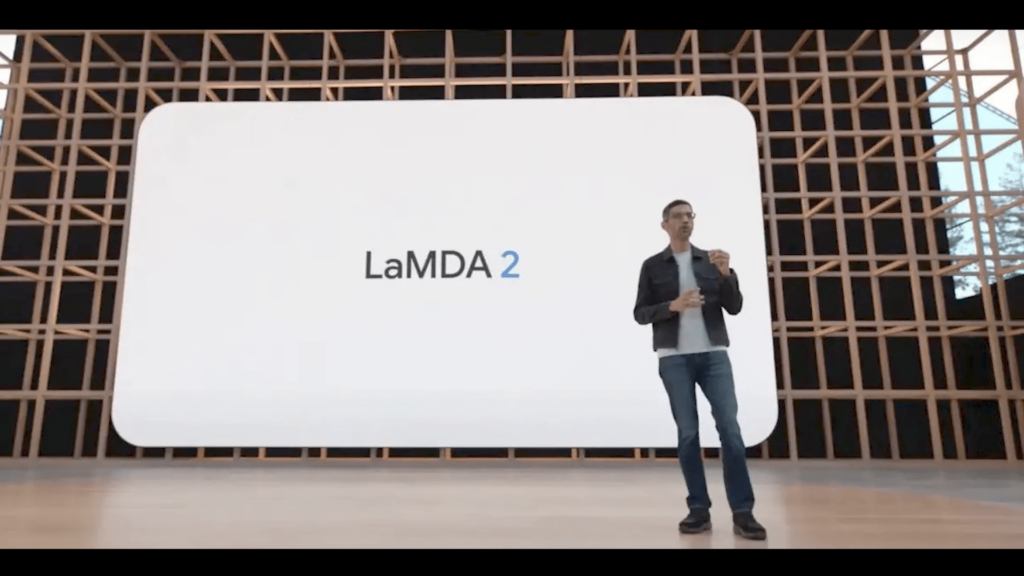
Developers, users, and regulatory bodies alike need to work together in tackling the challenges highlighted above to avoid misuse of this technology.
Future Prospects of AI in Search Engines 🕵️♂️
The future of AI in the search engines is very bright. There shall be more advanced AI models that would provide advanced searching features alongside the current technology incorporated with it. This will most likely bring better user satisfaction where AI would help in providing specific answers while the search engine would give more general information on the topic.

Even the collaboration between Microsoft and OpenAI shows an increase in the incorporation of AI in preexisting systems. End users’ perceptions and interactions with search engines and information retrieval systems could significantly change with this kind of interaction.
Conclusion: Let’s entrust the world with the promise of Artificial Intelligence 🌈
ChatGPT is one of the notable breakthroughs in artificial intelligence technology in recent years. It can be said that it represents the direction that human-computer interaction is taking in the not-too-distant future. Yes, it has some issues, yet there’s no doubt that it can be used in creating content, engaging audiences, and even SEO.
In moving to this new world, we must accept, adapt, and integrate AI into the system while ensuring that AI does not undermine our productivity. The combination of AI with the likes of Google is where the future of content research is going to be, offering real users proper answers that match their queries within the right context.

